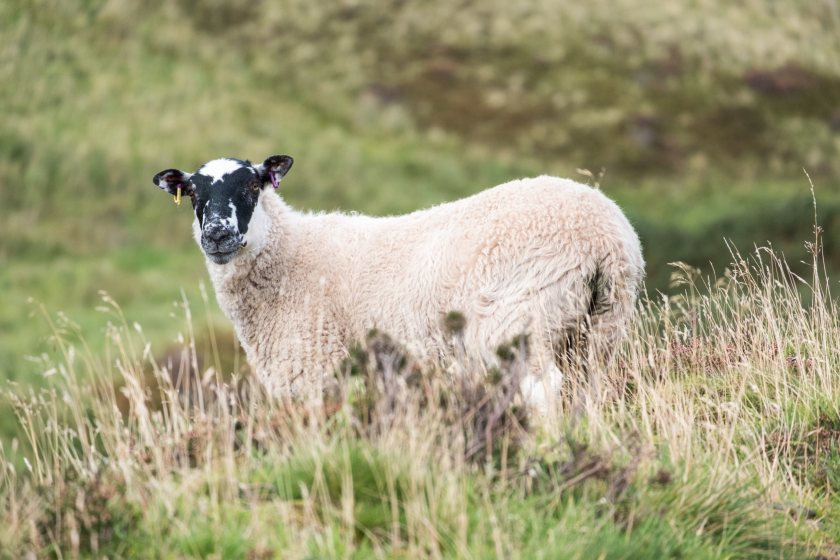
Researchers have received over £500,000 from the government to help 'transform' lowland and upland livestock farms for net zero goals.
Scientists at Scotland’s Rural College (SRUC) will use the funds to measure greenhouse gas emissions from grazing livestock.
The researchers, who have received a £566,000 grant from the UK government, will also analyse soil health and carbon storage in lowland and upland grass.
It is part of a wider project which aims to help the UK achieve its mitigation goals, with “the potential to help the UK save more than £1.6 billion annually”.
At SRUC’s research centre near Loch Lomond, scientists will assess effects of different grazing strategies in upland lamb production on soil, greenhouse gas emissions, productivity and efficiency.
Self-selection of where to graze by individuals within the flock of 600 hill sheep will be monitored via animal locational recording and GPS tracking.
Methane emissions will be measured from individual sheep using the portable GreenSheep facility, alongside growth, body conditions, maternal traits, and welfare.
On SRUC’s farm in Aberdeen, the project will utilise a long-term experiment to investigate the carbon storage potential of short-term leys in arable rotations.
Researchers say this experiment offers a unique opportunity to follow grazed mixed herbal leys through their lifetime and subsequent incorporation for arable production.
Gaseous losses of carbon and nitrogen will be measured throughout the entire rotation.
SRUC will also lead one of six UK Land Use Clusters for Agroecology (LUCAs), each designed to engage with a range of farmers and land managers.
The Scottish cluster will address the use of rotational grazing and agri-tech for improved grassland management and understanding the role of vegetation type in soil carbon storage.
Working with a wide group of stakeholders to identify public priorities and trade-offs with respect to ecosystem services, researchers say the valuation of ecosystem services will help to inform future support measures.
Professor Christine Watson, who is leading the SRUC research, said it was a 'really exciting' project.
"We are able to contribute a considerable range of expertise, across grasslands, ecology, animal science and modelling, in helping to truly understand the climate change mitigation potential of UK grassland.”
